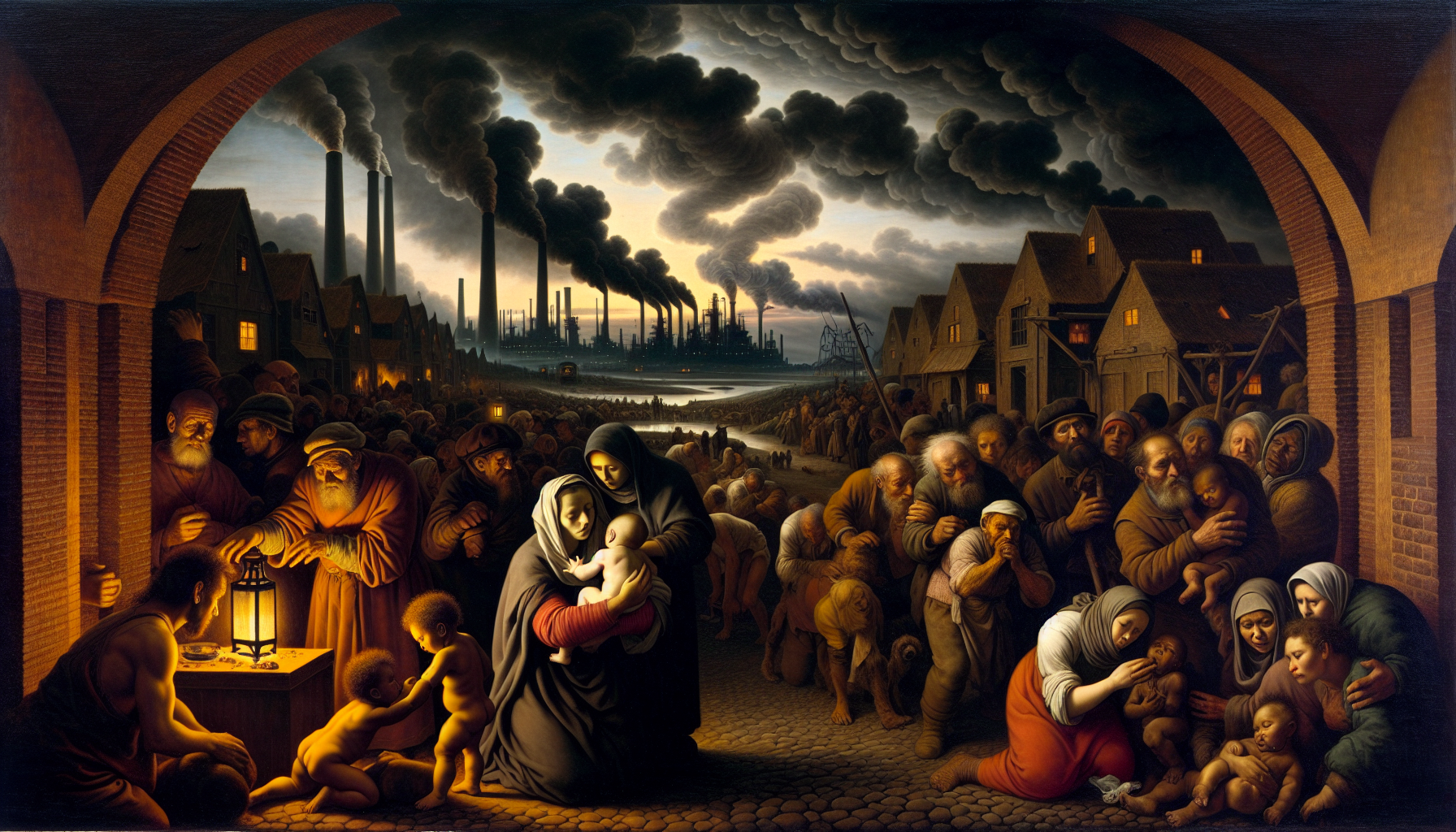🦅 Executive Branch |
White House |
-
On July 17, 2025, President Donald J. Trump issued a proclamation that delays certain pollution control rules for some factories that use a chemical called ethylene oxide to sterilize medical equipment. This delay gives these factories two extra years beyond the original deadlines to meet new pollution limits set by the Environmental Protection Agency (EPA) in a 2024 rule. The proclamation affects specific sterilization facilities listed in an attached annex, including ones in Florida, Georgia, and Puerto Rico. The White House says this delay is needed because the technology to meet the new pollution rules is not yet available and that without it, the supply of sterile medical devices could be seriously disrupted, which they claim would hurt national security. However, this is the administration’s position and the actual availability of technology or the impact on security is not independently verified in the document. Read full document →
-
On July 17, 2025, President Donald J. Trump used his power under a specific part of the Clean Air Act to give certain coal power plants extra time—two more years after the original deadline—to meet new pollution rules that the Environmental Protection Agency set in 2024. This delay affects specific units at power plants in Ohio, Colorado, and Illinois. The President’s proclamation says the new pollution control technology needed to meet these stricter rules is not yet ready for use, and that forcing plants to comply on time could cause many to shut down, risking jobs, electricity supply, and national security. So, from July 8, 2027, to July 8, 2029, these plants only have to follow the older, less strict pollution rules. This action aims to keep coal plants running longer but also means they will emit more pollution during that extra two-year period. Read full document →
-
On July 17, 2025, President Donald J. Trump issued a proclamation that delays certain new pollution rules for 25 specific chemical plants across the United States. These rules, called the HON Rule, were made by the Environmental Protection Agency in May 2024 and require chemical factories to reduce harmful air emissions using new technology. The proclamation says the technology needed is not ready or practical yet, so these plants get an extra two years to meet the new standards. This action affects major chemical manufacturers in states like Louisiana, Texas, and Illinois, among others. The White House says this delay is important to keep American chemical factories running smoothly, protect jobs, and ensure the country’s supply of important materials for things like defense and health care. However, this means these plants will continue operating under older pollution rules for two more years, which could impact air quality during that time. Read full document →
-
On July 17, 2025, President Donald J. Trump used his legal power under the Clean Air Act to give certain iron ore processing plants in Minnesota and Michigan two extra years to follow new pollution rules. These rules, made by the Environmental Protection Agency in March 2024, require these plants to use new technology to reduce harmful air pollution. The President’s proclamation says this technology is not ready yet and that forcing the plants to follow the new rules on time could hurt the U.S. steel supply, which is important for defense and industry. The plants affected include six facilities run by United States Steel Corporation and Cleveland-Cliffs Inc. This action delays the pollution limits for these plants until they can meet the new standards, aiming to protect jobs and keep steel production steady, but it also means more pollution may continue for two more years. Read full document →
-
On July 17, 2025, President Donald J. Trump signed an executive order creating a new category called Schedule G for certain government jobs. This new Schedule G covers noncareer positions that help make or support government policies and usually change when a new president takes office. The order affects people working in these policy-making or policy-supporting roles, especially at the Department of Veterans Affairs, where the order specifically directs hiring to focus on choosing people who represent the president’s policies but says political party or activity should not be considered. The order changes existing rules about how these jobs are filled and removed, aiming to fill a gap in the current system for excepting some jobs from regular competitive hiring rules. The White House says this is needed to improve government operations, but it is important to note this is a new legal category created by the president’s authority under specific laws about federal hiring. Read full document →
-
On July 17, 2025, President Donald J. Trump officially sent a list of people he wants the Senate to approve for important government jobs. These jobs include ambassadors representing the U.S. at international organizations, leaders in agriculture and trade, U.S. attorneys who handle federal legal cases in specific regions, members of boards that manage energy and labor issues, and officials overseeing government departments like the Mint and Agriculture. Each nominee is named to replace someone who left or whose term ended, with terms ranging from a few years up to five years. This action matters because these people will have significant roles in shaping U.S. policies on trade, law enforcement, energy, labor, and international relations if the Senate agrees to confirm them. Read full document →
|
|
|

